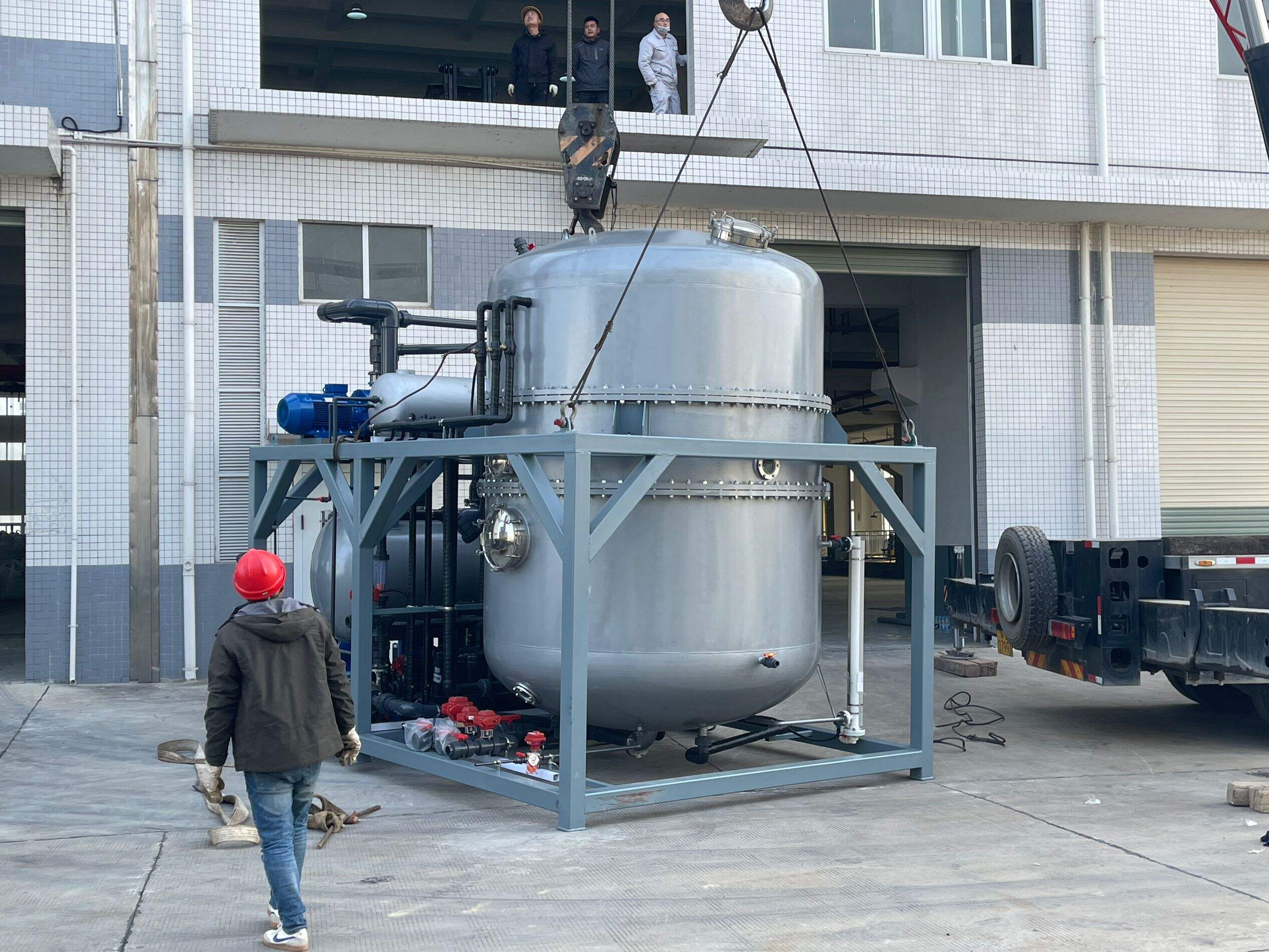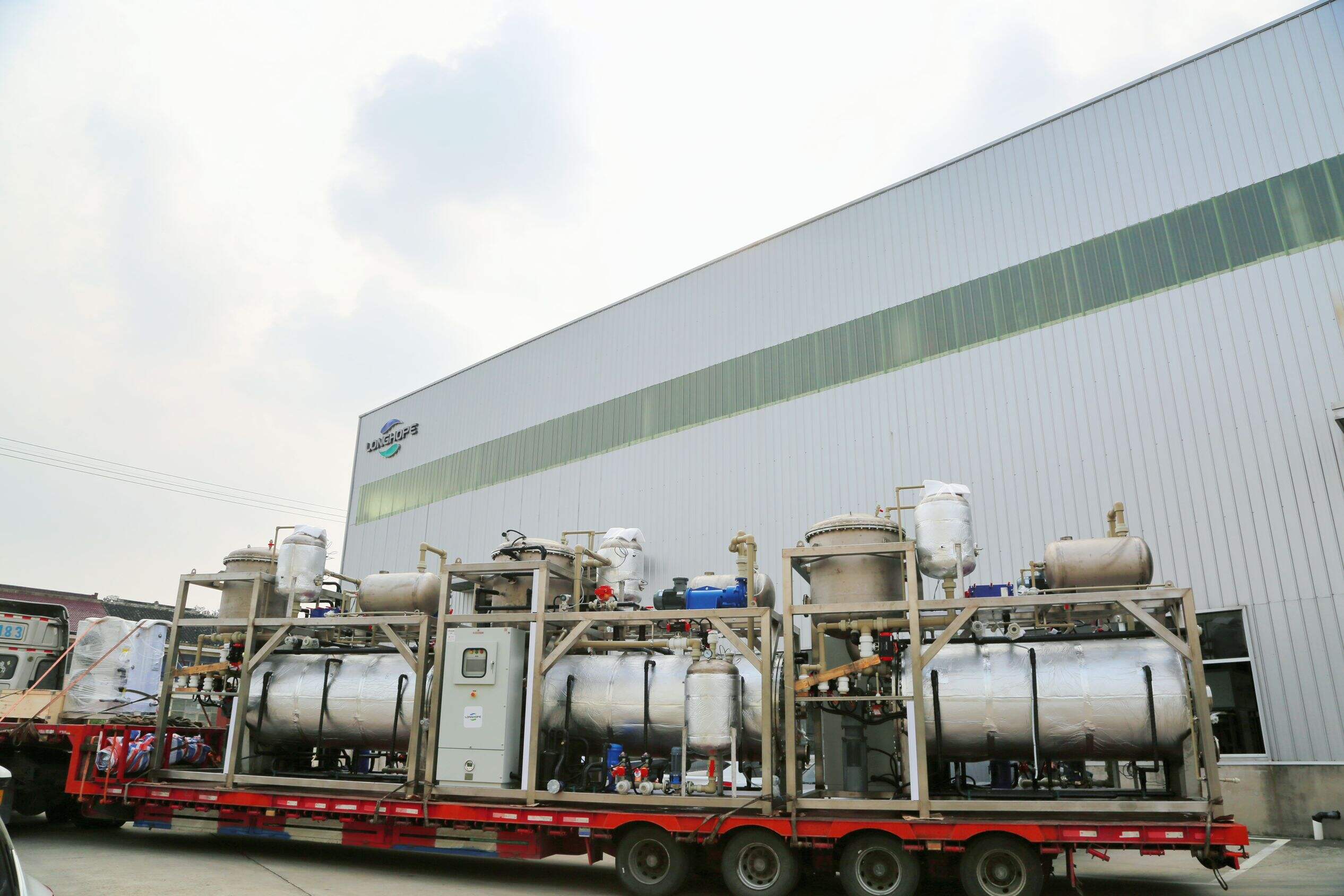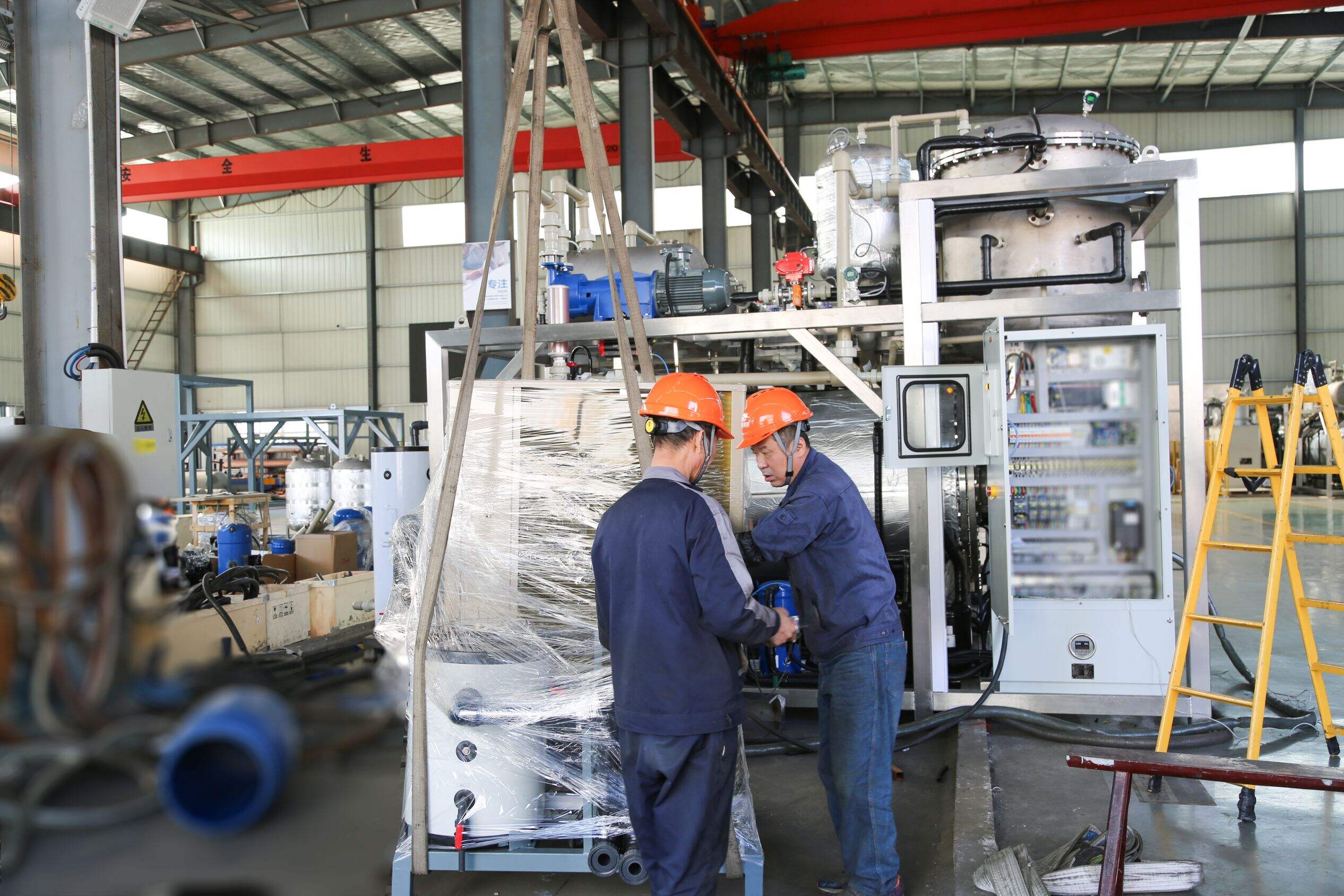cold crystallization technology
Cold crystallization technology represents a groundbreaking advancement in material processing that operates at lower temperatures compared to traditional crystallization methods. This innovative process enables the controlled formation of crystals in materials without subjecting them to high temperatures, which can often compromise their structural integrity. The technology works by manipulating molecular arrangements at temperatures below the material's melting point, allowing for precise control over crystal size, distribution, and morphology. The process typically involves careful regulation of temperature, pressure, and time parameters to achieve optimal crystallization results. One of its primary functions is to enhance material properties such as strength, thermal stability, and optical characteristics without the energy-intensive requirements of conventional heating methods. The technology finds extensive applications across various industries, including pharmaceuticals, where it's used to improve drug stability and bioavailability, polymer processing for enhanced material properties, and food processing for controlling texture and shelf life. In semiconductor manufacturing, cold crystallization enables the production of high-quality electronic components with precise crystalline structures. The technology also plays a crucial role in developing advanced materials for renewable energy applications, such as solar cells and energy storage systems. Its versatility and efficiency make it an invaluable tool in modern manufacturing processes, offering solutions for products requiring specific crystalline properties while maintaining material integrity.


